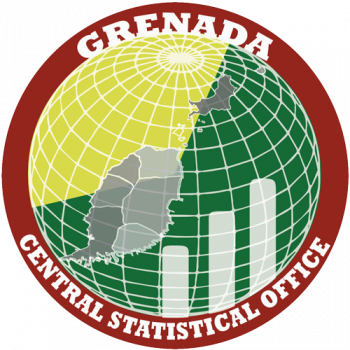Women's Health and Life Experiences Survey
The Grenada Women’s Health and Life Experiences Study (WHLES) comprised a cross-sectional survey and qualitative research – interviews and focus group discussions – that were conducted in 2018 to ascertain the prevalence of violence against women and girls (VAWG) in Grenada, the nature of that violence and responses to it.
Although VAWG is pervasive in the Caribbean, no Caribbean Community (CARICOM) Member State, including Grenada, generates regular national data on its prevalence and nature and the response. Recognizing this lack of comprehensive and systematic data as a barrier to determining the exact scope of the problem and thus policies and strategies to eradicate it, CARICOM and development partners in the region decided to support the national collection of such data in Member States. Grenada was selected as one of several CARICOM Member States in which to pilot the study, under a partnership between UN Women and the Government of Grenada, co-financed by the Caribbean Development Bank.
For the pilot, data on the prevalence and nature of and responses to VAWG was gathered through use of the Grenada WHLES. VAWG in intimate heterosexual relationships was the main form of violence investigated. The CARICOM Model being piloted is based on a long-tested global World Health Organization (WHO) model, considered internationally as best practice for national, population-based studies on VAWG. CARICOM’s methodology also highlights the consequences for women, their children and families; women’s help-seeking behaviour; and risk and protective factors for violence.
The objectives of the pilot survey were to:
- Obtain reliable estimates of the prevalence of different forms of VAWG;
- Assess the extent to which intimate partner violence (IPV) is associated with a range of health and other outcomes;
- Identify factors that may either protect or put women at risk of IPV;
- Identify how men’s role in gender-based violence (GBV) is manifested;
- Document and compare the strategies and services used to deal with IPV.
A National Steering Committee, with representation from various ministries and civil society, was formed to guide the piloting and implementation of the WHLES. Representatives on the committee were from the Ministry of Health, the Ministry of Social Development, Housing and Community Empowerment (MoSDHCE), the Royal Grenada Police Force, the Central Statistical Office (CSO), the Legal Aid and Counselling Clinic (LACC) and Grenada National Organisation of Women. (GNOW). The Committee is chaired by government, under the leadership of the CSO in close partnership with MoSDHCE. A Research Sub-Committee was also formed to guide the research management process.
The qualitative component of the study complements the survey as it examines the context in which IPV and non-partner sexual violence (NPSV) occur, how violence is experienced, the overall meanings attached to violence and state and community responses. Through a range of interviews with female survivors, and interviews and focus group discussions with men and key informants in government and civil society in Grenada, it captures the meanings, nature and consequences and effects of, and responses to, IPV and NPSV.
